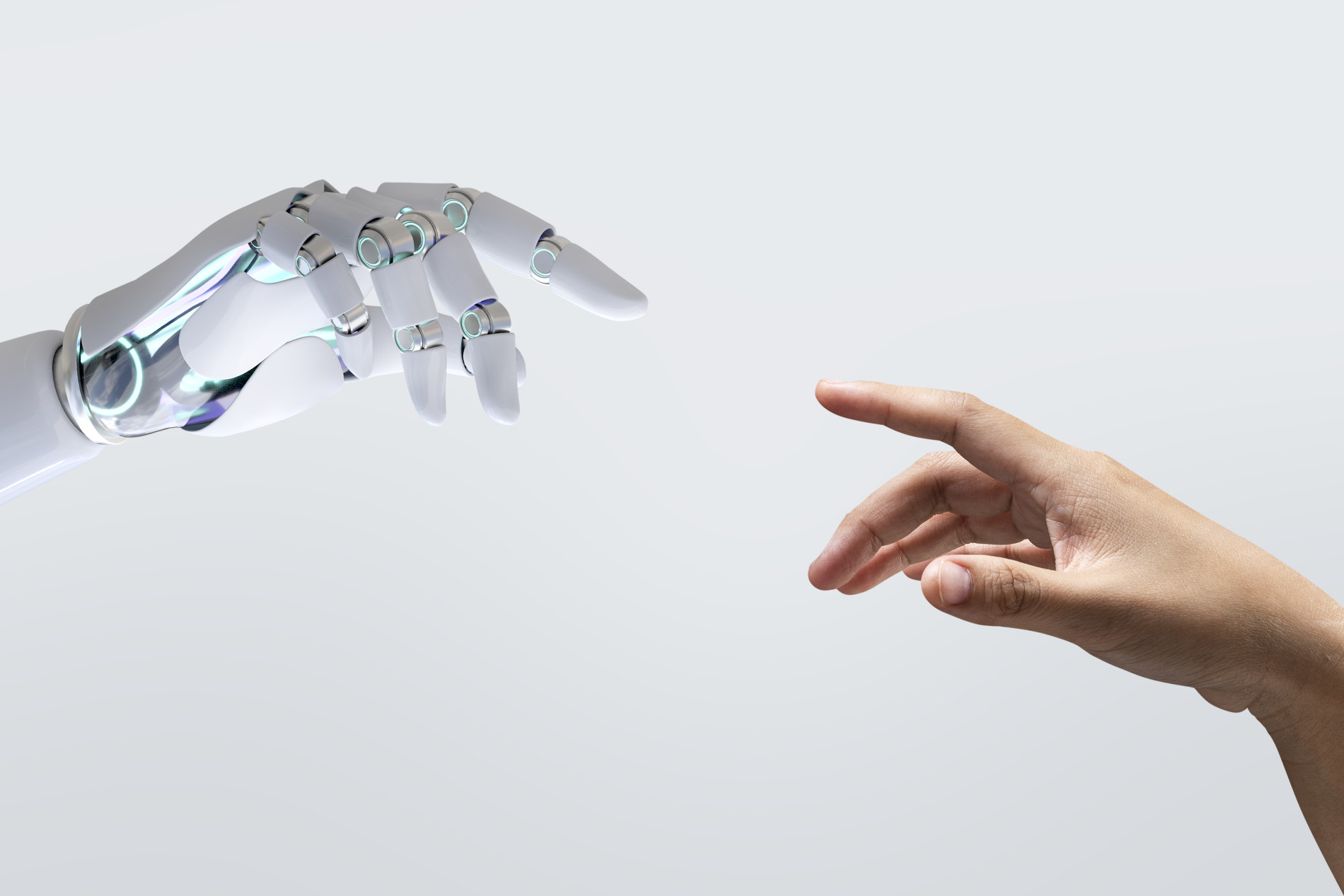How AI Will Impact HSEQ in the Coming Years
1 min read
Artificial Intelligence is already beginning to reshape Health, Safety, Environment, and Quality (HSEQ) functions — not by replacing professionals, but by enhancing how they operate. Predictive analytics, powered by machine learning, is enabling organisations to identify risks before they become incidents. For example, companies like Shell and Siemens are using AI-driven systems to anticipate equipment…

Artificial Intelligence is already beginning to reshape Health, Safety, Environment, and Quality (HSEQ) functions — not by replacing professionals, but by enhancing how they operate. Predictive analytics, powered by machine learning, is enabling organisations to identify risks before they become incidents. For example, companies like Shell and Siemens are using AI-driven systems to anticipate equipment failures and intervene early, reducing downtime and improving safety outcomes.
In compliance, AI is automating repetitive tasks like audit preparation, data validation, and real-time monitoring. According to a McKinsey report (2022), AI can improve accuracy in compliance tasks by over 50%, while cutting the time required in half. This frees up HSEQ teams to focus on strategic initiatives such as behavioural safety and cultural change.
Crucially, AI supports — rather than replaces — human expertise. It enhances decision-making, surfaces insights faster, and enables professionals to act with more confidence and precision. As AI tools become more accessible, HSEQ leaders will need to embrace them to stay ahead.
Those who adapt early will be better positioned to create safer, more resilient, and future-ready organisations.
The only question is — will you be one of them?
